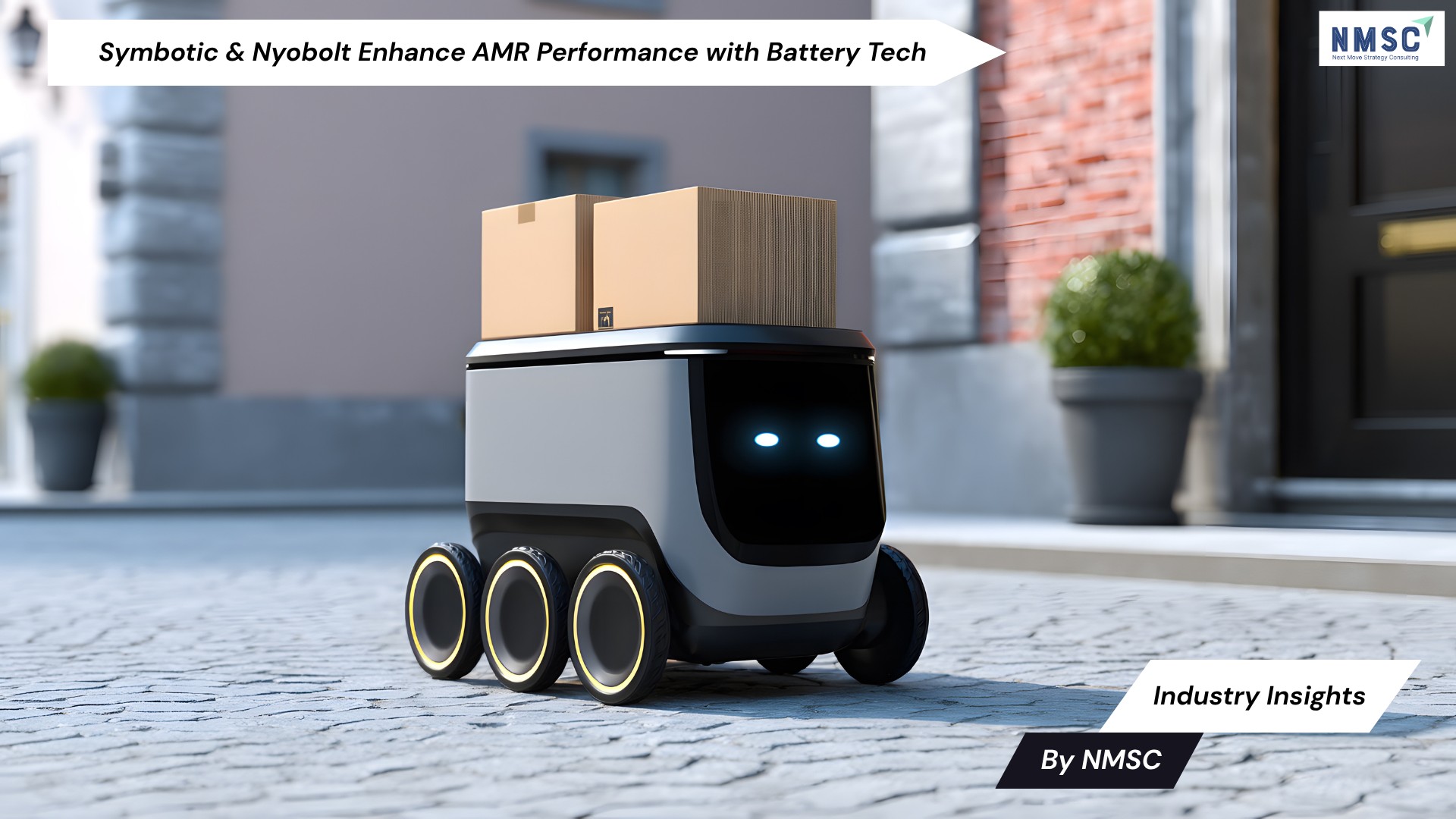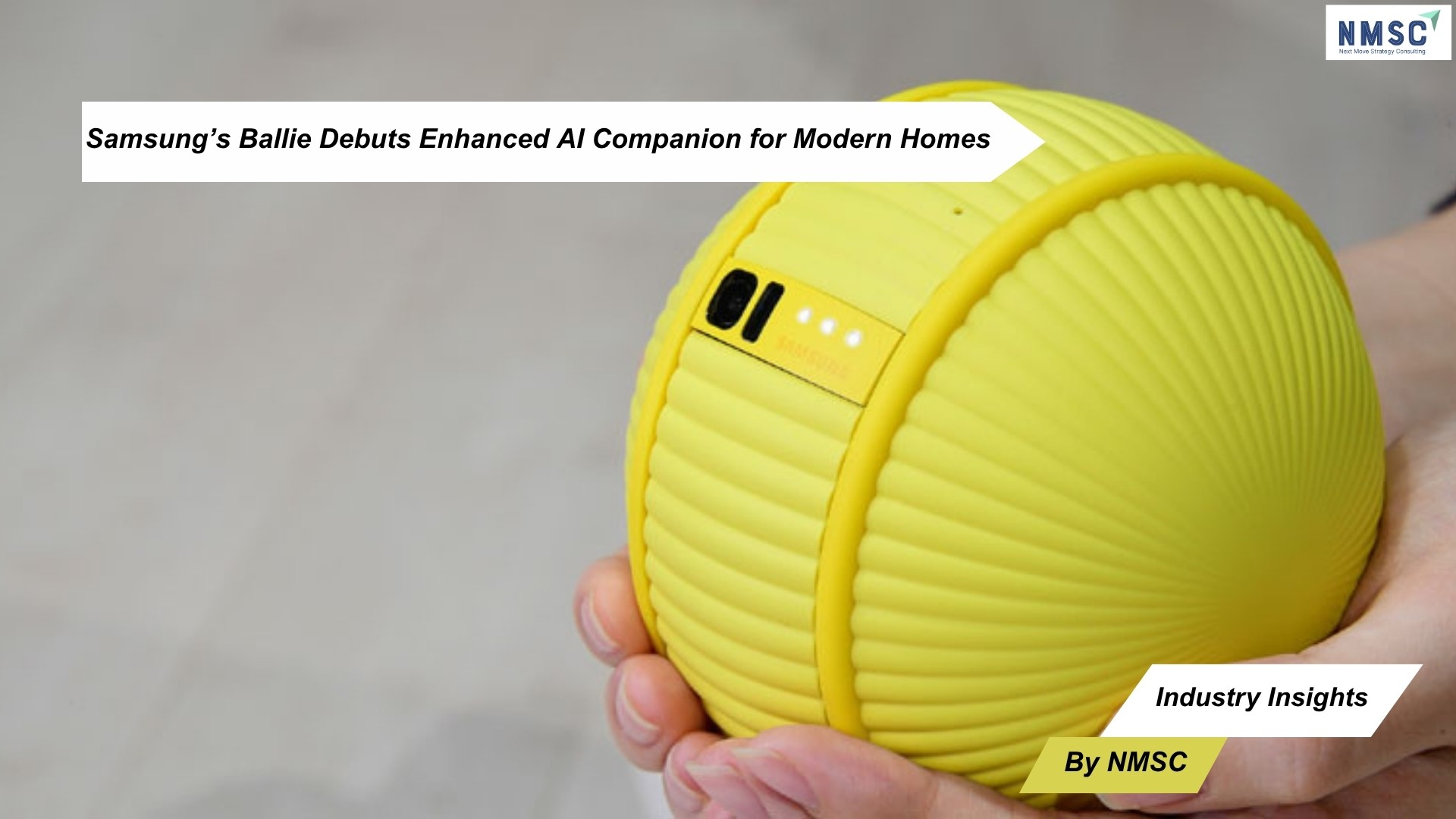Japan Delta Robots Market is expected to reach USD 443.1 million by 2030
Published: 2025-01-20
The electronics dominance and presence of influential market leaders are driving up demand for the Japan Delta Robots market during the forecast period.
Japan Delta Robots Market was valued at USD 177.55 million in 2022, and is predicted to reach USD 443.1 million by 2030, with a CAGR of 11.18% from 2023 to 2030, according to new research by Next Move Strategy Consulting.
In the delta robot industry, the landscape is significantly influenced by prominent market leaders such as Fanuc Corporation, Kawasaki Robotics, and Yaskawa. These companies play an active role in the development, manufacturing, and distribution of delta robots, fostering innovation and healthy competition within the market. Their extensive expertise and resources contribute to the ongoing enhancement of delta robot technology, thereby making it more accessible and efficient for a wide range of industries.
For instance, in February 2023, Kuka introduced the KR 3 D1200, a novel delta robot optimized for food handling, capable of swift pick-and-place operations with a maximum payload of 6 kg. This exceptionally light and durable robot reduces maintenance costs and improves productivity.
However, the market faces a significant growth challenge primarily because delta robots come with a substantial price tag. Despite their well-known precision and efficiency, this high cost can discourage many businesses, especially small and medium-sized enterprises (SMEs).
Additionally, the extended time required to achieve a return on investment (ROI) due to these significant upfront expenses can dissuade companies seeking immediate cost savings and efficiency improvements. This situation not only hinders market expansion but also contributes to market consolidation. As a result, only larger corporations can afford and benefit from this advanced automation technology.
The delta robot market has a substantial opportunity for growth by incorporating advanced technologies such as computer vision and artificial intelligence (AI) to elevate precision. These state-of-the-art technologies empower delta robots to operate with greater accuracy and efficiency, opening up new possibilities for applications across diverse industries.
Integrating computer vision and AI not only enhances precision but also boosts overall productivity while minimizing errors in manufacturing processes. This integration has the potential to reduce costs, elevate product quality, and enhance the competitiveness of businesses employing delta robots alongside these advanced technologies. As industries increasingly embrace automation and seek greater precision and flexibility, the delta robot market stands to benefit significantly from the incorporation of computer vision and AI.
Request for a Sample PDF on the Japan Delta Robots Market
According to the report, leading players in the Japan Delta Robots market include ABB Ltd., Fanuc Corporation, Kawasaki Heavy Industries Ltd, Yaskawa Electric Corporation, FESTO, Weiss GmbH, Omron Corporation, IGUS GmbH, Cama Group, and KUKA AG.
Key Insights from the Japan Delta Robots Market Report:
-
The information related to key drivers, restraints, and opportunities and their impact on the Japan Delta Robots market is provided in the report.
-
The value chain analysis in the market study provides a clear picture of the roles of each stakeholder.
-
The market share of players in the Japan Delta Robots market is provided in the report along with their competitive analysis.















Add Comment